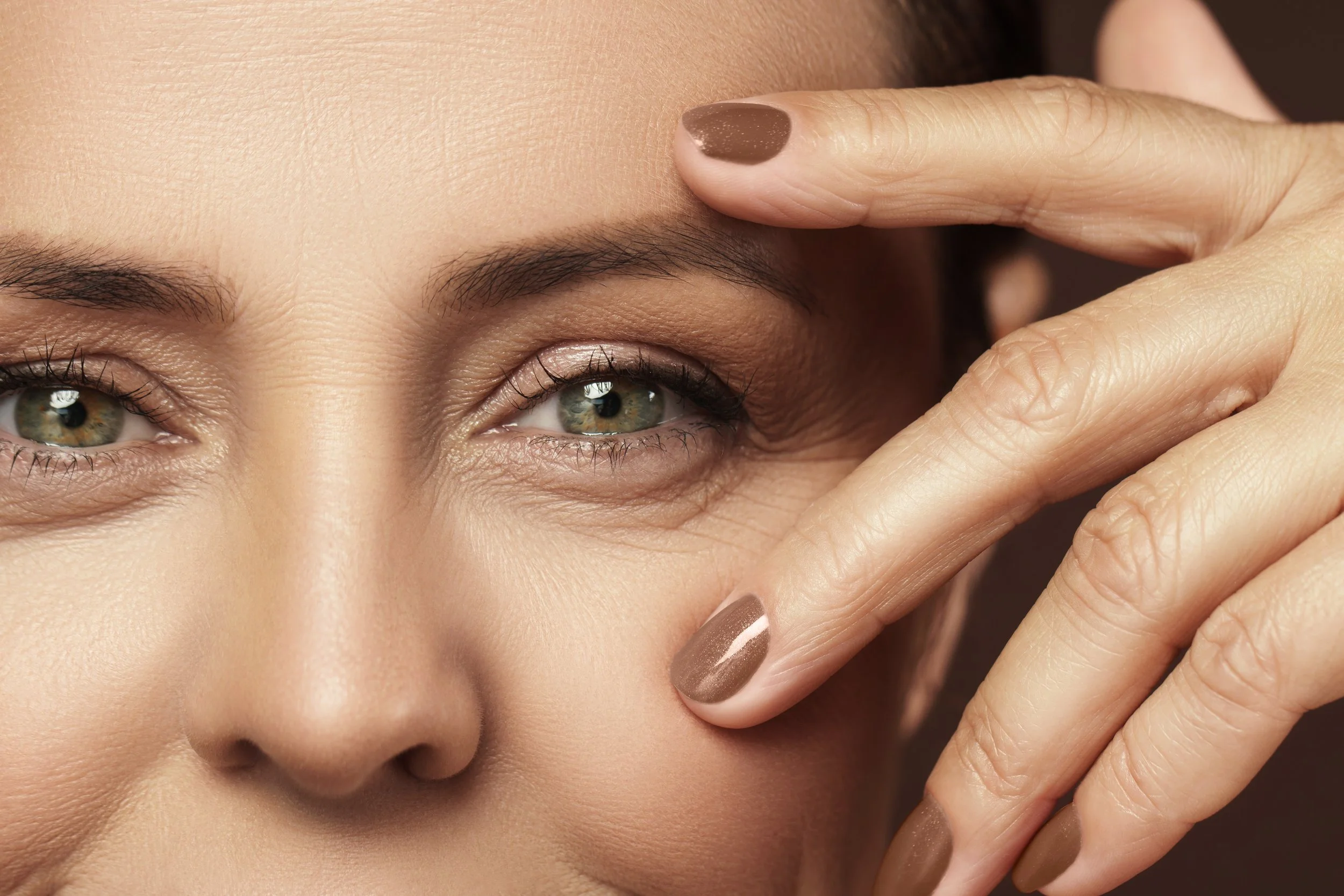Why Eye Exams Matter & What To Know Before You Go
/Many people don’t know this (I didn’t before I learned it), but a lot can be determined about your health through your eyes. That’s why it’s so important to get a proper eye exam every year. Eye doctors can spot chronic illness and diseases through your eyes—all you have to do is schedule the exam and show up. This goes for everyone, whether or not you wear glasses or contact lenses. Here are a couple reasons why annual eye exams are necessary for all of us, and what to expect when you go in for one.
Eye exams can help doctors detect diseases—eye-related and otherwise—early.
By looking closely at your eyes, and knowing what to look for, eye doctors can identify signs and symptoms of serious diseases, like glaucoma. Glaucoma is defined as “a group of eye diseases that can cause vision loss and blindness by damaging a nerve in the back of your eye called the optic nerve” (NIH). Your doctor can also see signs of diabetes, hypertension, M.S., and other non-eye related diseases during an eye exam. The same goes for aneurysms, brain tumors, cancer, heart disease, Lyme disease, STDs, stroke, thyroid disease…they can all be indicated by your eyes (AAO). Getting an eye exam every year, or at least every two years, ensures that if anything comes up, you are directed to a doctor who can help, and you are catching and treating whatever the issue is early.
Eye exams give you an avenue to correct your vision problems.
Getting yearly eye exams ensures that your vision is as clear as it can possibly be at any given time. No one wants to walk around and exist with subpar vision, and if you need your prescription updated, your doctor will be able to tell through examining your eyes. They can also answer any questions you have about your vision and present you with all the options to improve it, such as lasik or contact lenses.
What to expect at your eye exam
If you’ve never had one before, it may surprise you to hear that eye exams are quite easy and nonintrusive. Your doctor, usually an optometrist, will ask you about your health history and family health history, and then perform a few tests on your vision. You may be asked to read letters on a lightboard with one of your eyes covered, for instance, and they may shine a light in your eye to see if it dilates as expected. Depending on how these preliminary tests go, your doctor may have you do a few more tests to determine your overall eye health. This may involve dilating your eyes, which is done by putting a few eye drops into each eye. Don’t worry, it doesn’t hurt.
In performing these tests, your doctor is looking for irregularities, like astigmatism, nearsightedness, farsightedness, as well as signs of eye deterioration or disease, like glaucoma, macular degeneration, cataracts, vision loss, and more. In looking for irregularities, they’re also on the lookout for signs of other, non-eye related conditions, which can show up in your eye blood vessels and nerve tissue. Diabetes, high blood pressure/hypertension, Lupus, Parkinson’s and rheumatoid arthritis are just a few of the conditions that can be uncovered during an eye examination. Ideally, your doctor finds no indications of any of those issues and you leave their office with a clean bill of health.
How to schedule an eye exam
Eye exams are relatively easy doctors appointments to make, compared to other specialists. You can use an online platform like ZocDoc to find one that takes your insurance, or you can do a quick Google search of optometrists in your area and they give each a call. Make sure you ask how much the appointment will be, if it isn’t covered by insurance, and make sure if you wear contacts or glasses to bring them to the appointment with you.
Now that you’ve read this blog post, I hope you will go ahead and schedule an eye exam for yourself if you are overdue! These exams become more and more important as we get older, given how much our risk of various diseases can increase as we age.
Xo,
Renata

